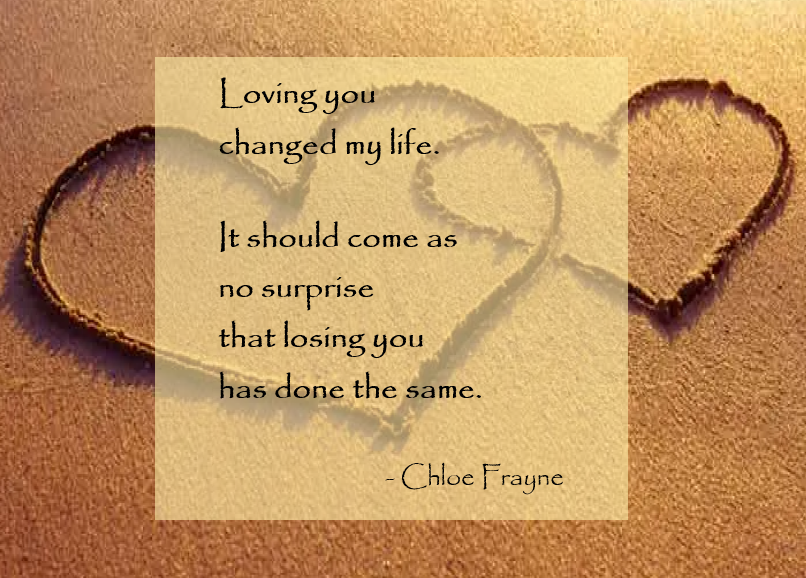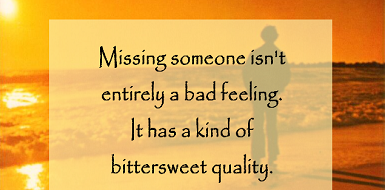Susan Rardon
Rose, Ph.D.
Supporting the Walk: Sitting with Grief

Redefining Grief Support: Embracing Presence and Patience
Because I hope to help others understand the supporting of grief a little better through my experience, I’m going to focus a little bit on being with someone while they’re grieving. It’s incredibly difficult! Although we as a culture fail to support grieving people appropriately, it’s important to applaud your wanting to be supportive. By wanting to do the big, deep, heavy, hard work of loving someone inside their pain, you are doing a wonderful service!
Yet, to truly be supportive, we need a new image of what grief support really is. Devine writes:
"When a bone is broken, it needs a supportive case around it to help it heal. It needs external support so it can go
about the intricate, complex, difficult process of growing itself back together. Your task is to be part of that case
for your broken friend. Not to do the actual mending. Not to offer pep talks to the broken places about how they’re
going to be great again. Not to offer suggestions about how the bone might go about becoming whole. Your task
is to simply be there. Wrap yourself around what is broken. Your job… is to bear witness to something beautiful
and terrible – and to resist the very human urge to fix it or make it right."
We’re all so uncomfortable with grief that we tend to want to fix it so that we don’t have to endure it. Someone going through grief doesn’t have that luxury. The grief must be endured in order to heal. To ignore it would be analogous to ignoring a physical illness. We wouldn’t ignore the broken bone, the burst appendix, the heart arrhythmia, etc. It takes time and support for physical healing just as it takes time and support for emotional healing. We need to allow that!
The biggest thing to remember today is to resist the urge to make it better. We need to notice that urge or impulse, then don’t act on it. Pause before you offer support. We will discuss what to do in that pause as we continue the support and walk through each week.
The Imperfect Art of Grief Support
Grief is an uncharted territory for many, and navigating it alongside a friend or loved one is fraught with uncertainty. The most important step is acknowledging that there is no perfect way to support someone in grief. Your presence and willingness to be there are already significant.
Understanding the Role of Presence
Being present means offering your undivided attention and compassion without trying to change the situation. It’s about providing a safe space where the grieving person can express their emotions freely. This presence can take many forms: sitting in silence, listening to stories, or simply being a comforting presence. Sometimes, your presence is enough! Your physical presence can be a comforting reminder that they are not alone. This simple act of being there, of offering a shoulder to cry on or a hand to hold, can speak volumes.
THE POWER OF SILENCE
Sometimes, the best support you can offer is silent companionship. Silence allows the grieving person to process their emotions without the pressure of conversation. It shows that you respect their need to reflect and grieve in their own way.
Empathy Over Solutions
Empathy involves feeling with someone rather than for them. It’s about understanding their pain without trying to alleviate it. Statements like “I’m here for you” or “This must be incredibly hard for you” validate their feelings and show that you’re sharing in their sorrow.
Embracing the Pause
The pause before offering support is crucial. It allows you to collect your thoughts and approach the situation with empathy rather than instinct. In this pause, you can reflect on what your grieving friend truly needs—acknowledgment, presence, and understanding. This moment of reflection helps you to become a more effective and compassionate supporter.
Listening and Acknowledging
Listening is one of the most powerful tools you have. It may seem simple, but truly listening to someone who is grieving can provide immense comfort. Let them express their feelings without interruption, without trying to steer the conversation towards positivity. Acknowledge their pain with phrases like, "I can’t imagine how hard this is for you," or "I’m here with you in your grief."
Active listening is more than hearing words; it’s about understanding the emotions behind them. Encourage your friend or client to share their thoughts and feelings, and respond with empathy and validation. Avoid interrupting or steering the conversation; let them lead the way.
Resisting the Fix-It Mentality
Our instinct to fix problems can be counterproductive in grief support. The urge to make things better often leads to unhelpful advice or platitudes. Instead, focus on being a supportive presence. Remember, your role is not to solve their grief but to walk alongside them as they navigate it.
Offering Practical Support
Grieving individuals often struggle with day-to-day tasks. Offering practical support—such as running errands, cooking meals, or helping with household chores—can be incredibly helpful. These acts of kindness alleviate some of the burdens and allow them to focus on their emotional healing.
Respecting Their Process
Everyone grieves differently. Some may want to talk about their loss frequently, while others may withdraw. Respect their process and avoid imposing your own expectations or timelines on their grief. Allow them to lead in how they cope and express their sorrow.
Grief is a journey that cannot be rushed. It’s a process of learning to live with loss and finding a new normal. By providing consistent, compassionate support, you help create an environment where healing can begin.
Continuing Support
Grief doesn’t have an expiration date nor adhere to a schedule. It’s important to be patient and understand that healing is a long-term process. There will be good days and bad days. Your consistent presence and patience can provide a sense of stability in an otherwise tumultuous time. Continue to check in with your loved one, even after the initial wave of support has waned. Anniversaries, birthdays, and holidays can be particularly challenging, so your continued presence and support can be especially meaningful during these times.
In conclusion, supporting someone through grief requires patience, empathy, and a willingness to sit with discomfort. By resisting the urge to fix and instead offering presence, understanding, and practical help, you can provide invaluable support to those navigating the painful journey of loss. Remember, your role is not to heal the broken heart but to offer the time and space that allows it to heal in its own time and its own way. This is the true essence of compassionate support, and it’s a gift that can make a profound difference in the life of someone who is grieving.
References
Devine, M. (2017). It’s OK That You’re Not OK: Meeting Grief and Loss in a Culture That Doesn’t Understand. Boulder, CO: Sounds True. (ISBN: 97871622039074)

I am a school counselor turned counselor educator, professor, and author helping educators and parents to build social, emotional, and academic growth in ALL kids! The school counseling blog delivers both advocacy as well as strategies to help you deliver your best school counseling program.

I'm a mother, grandmother, professor, author, and wife (I'll always be his). Until October 20, 2020, I lived with my husband, Robert (Bob) Rose, in Louisville, Ky. On that awful day of October 20,2020, my life profoundly changed, when this amazing man went on to Heaven. After Bob moved to Heaven, I embraced my love of writing as an outlet for grief. Hence, the Grief Blog is my attempt to share what I learned as a Counselor in education with what I am learning through this experience of walking this earth without him. My mission is to help those in grief move forward to see joy beyond this most painful time.





Useful Links




